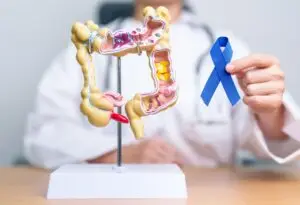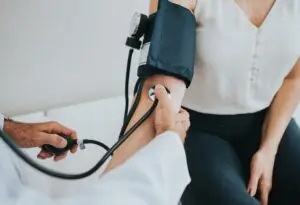We have all heard of it and many of us suffer from it…PMS or Pre-Menstrual Syndrome. Symptoms such as bloating, hunger, headaches, and moodiness can begin anywhere from 5 to 11 days before menstruation. Most women (about 90%) get some sort of PMS symptoms each month and this is especially true for women in their 30s.
What are the symptoms of PMS?
Physical symptoms of PMS can include:
- Swollen or tender breasts
- Bloating or a gassy feeling
- Cramping
- Headache or backache
- Constipation or diarrhea
Emotional symptoms of PMS can include:
- Mood swings
- Irritability
- Increased appetite or food cravings
- Feeling tired
- Sleeping too much or too little
- Trouble with concentration or memory
- Tension or anxiety
- Depression, feelings of sadness, or crying spells
- Less interest in sex
How/why does PMS occur?
After ovulation, progesterone and estrogen increase to prepare the uterus for pregnancy. If pregnancy does not occur, these levels begin to decline quickly. It is the decrease in progesterone that triggers symptoms such as the increased craving for chocolate and the mood swings.
How do I test for PMS?
A qualified bio-identical hormone replacement center can do a simple blood draw to test your hormone levels (preferably on days 19-21 of your cycle). This test and your symptoms will let your doctor know how to treat you.
How can I treat PMS?
Once your labs results have come back, your doctor may want to prescribe you supplemental progesterone for all or part of your monthly cycle. This increase in progesterone can combat many of the physical and emotional symptoms of PMS.
What can I do at home to help control PMS?
- Exercise—this helps your body deal with stress and releases endorphins that help create a positive mood.
- Get enough sleep—sleep is critical to your body’s ability to deal with stress and succeed in repairing any cellular damage that occurs during the day.
- Eat healthy—make good food choices (at least most of the time). Meat, veggies, and fruits should makeup the bulk of your diet.






